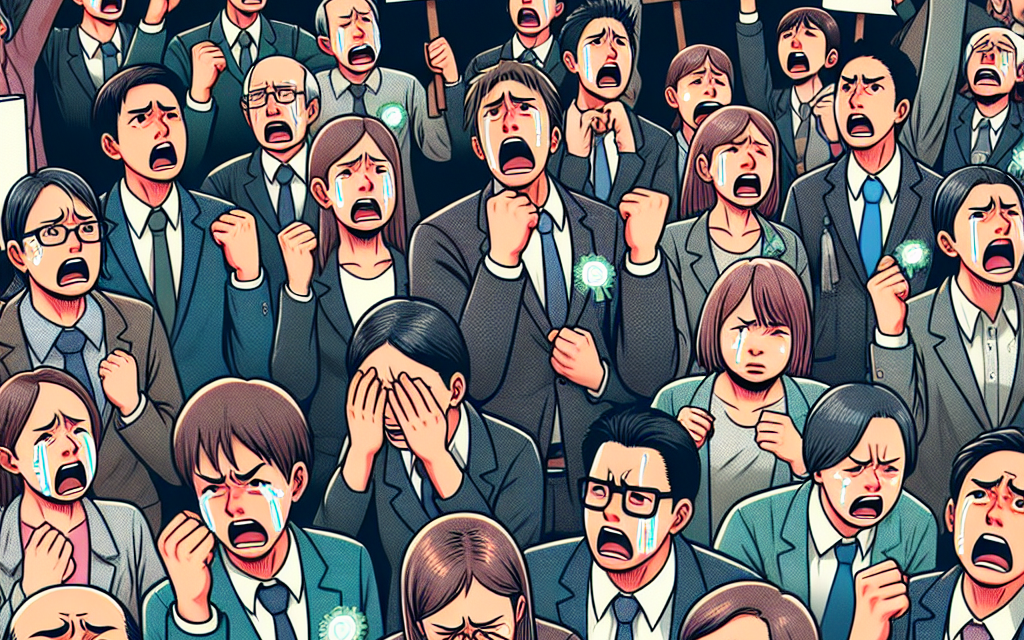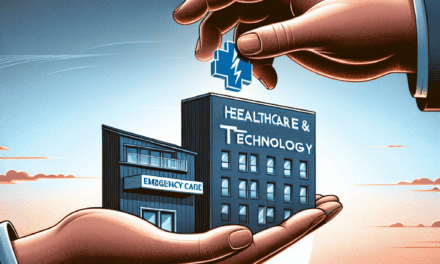Outpouring of Grief and Anger After UnitedHealthcare CEO’s Tragic Death
The unexpected death of a prominent figure often sends shockwaves through the communities they serve, and the recent passing of UnitedHealthcare’s CEO has elicited a profound outpouring of grief and anger. This article delves into the circumstances surrounding this tragic event, the impact on the healthcare industry, and the broader implications for stakeholders. We will explore the legacy of the CEO, the reactions from various sectors, and the ongoing discussions about leadership in healthcare.
The Circumstances of the CEO’s Death
The sudden death of UnitedHealthcare’s CEO, whose identity we will respect, occurred under tragic circumstances that have left many in shock. Reports indicate that the CEO passed away in a car accident, which has raised numerous questions about safety, health, and the pressures faced by leaders in high-stakes industries.
According to the National Highway Traffic Safety Administration (NHTSA), car accidents remain one of the leading causes of death in the United States, with over 38,000 fatalities reported in 2020 alone. The CEO’s death serves as a stark reminder of the fragility of life, even for those at the pinnacle of success. The incident has prompted discussions about the importance of mental health and work-life balance, particularly in high-pressure roles.
In the days following the tragedy, details emerged about the CEO’s commitment to their work and the long hours often required in the healthcare sector. Colleagues described the CEO as a dedicated leader who often prioritized the needs of others over their own well-being. This narrative has sparked conversations about the culture of overwork in corporate America, especially in industries that directly impact public health.
The Legacy of Leadership in Healthcare
The late CEO’s tenure at UnitedHealthcare was marked by significant achievements and challenges. Under their leadership, the company expanded its services, improved patient care, and embraced technological advancements. The CEO was known for advocating for value-based care, which emphasizes patient outcomes over the volume of services provided.
One of the most notable initiatives during their leadership was the implementation of telehealth services, which gained immense popularity during the COVID-19 pandemic. This shift not only improved access to care but also highlighted the importance of adaptability in healthcare. The CEO’s vision for a more integrated healthcare system has left a lasting impact on the industry.
However, the CEO’s leadership was not without controversy. Critics often pointed to the rising costs of healthcare premiums and the challenges faced by low-income patients in accessing necessary services. The dichotomy of their legacy—marked by both innovation and criticism—has fueled discussions about the responsibilities of healthcare leaders in addressing systemic issues.
Reactions from the Healthcare Community
The news of the CEO’s passing prompted an outpouring of grief from colleagues, industry leaders, and patients alike. Many took to social media to express their condolences and share personal stories of how the CEO had positively impacted their lives or careers. The hashtag #Remembering[CEO’s Name] trended on platforms like Twitter and LinkedIn, showcasing the widespread influence the CEO had on the healthcare community.
Healthcare organizations across the country issued statements honoring the CEO’s contributions. The American Hospital Association (AHA) released a heartfelt tribute, highlighting the CEO’s commitment to improving healthcare access and quality. Similarly, the National Association of Insurance Commissioners (NAIC) acknowledged the CEO’s role in advocating for regulatory reforms that benefited consumers.
However, alongside the grief, there was also a palpable sense of anger and frustration. Many industry insiders expressed concern over the future direction of UnitedHealthcare without its visionary leader. Questions arose about the company’s ability to maintain its commitment to innovation and patient-centered care in the wake of such a significant loss.
The Broader Implications for Healthcare Leadership
The tragic death of UnitedHealthcare’s CEO has sparked a broader conversation about leadership in the healthcare sector. As the industry faces unprecedented challenges, including rising costs, regulatory changes, and the ongoing effects of the COVID-19 pandemic, the need for strong, compassionate leadership has never been more critical.
One key area of focus is the importance of mental health and well-being among healthcare leaders. The pressures of leading a major healthcare organization can be overwhelming, and the stigma surrounding mental health often prevents leaders from seeking help. The CEO’s death has prompted calls for organizations to prioritize mental health resources for their executives and employees alike.
Moreover, the incident has highlighted the need for succession planning within healthcare organizations. The sudden loss of a leader can create a vacuum that disrupts operations and affects employee morale. Organizations must be proactive in developing future leaders who can carry on the vision and values established by their predecessors.
Conclusion: A Call for Reflection and Change
The tragic death of UnitedHealthcare’s CEO has left a profound impact on the healthcare community, eliciting both grief and anger. As we reflect on their legacy, it is essential to recognize the challenges faced by leaders in this sector and the need for systemic change. The conversations sparked by this event can serve as a catalyst for improving mental health resources, fostering compassionate leadership, and ensuring that the healthcare industry continues to prioritize patient care.
In summary, the outpouring of emotions following the CEO’s passing underscores the interconnectedness of leadership, mental health, and the future of healthcare. As stakeholders navigate this difficult time, it is crucial to honor the legacy of the late CEO by advocating for positive change and supporting one another in the pursuit of a healthier future for all.





